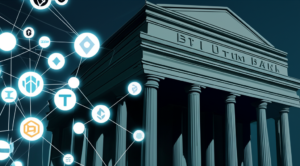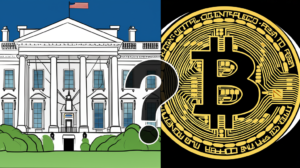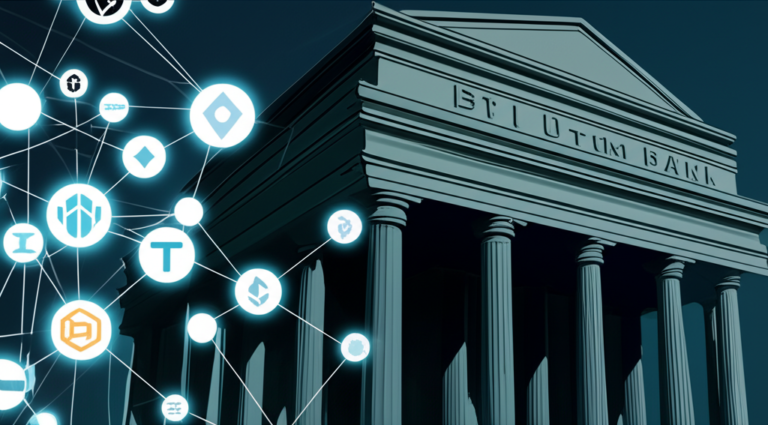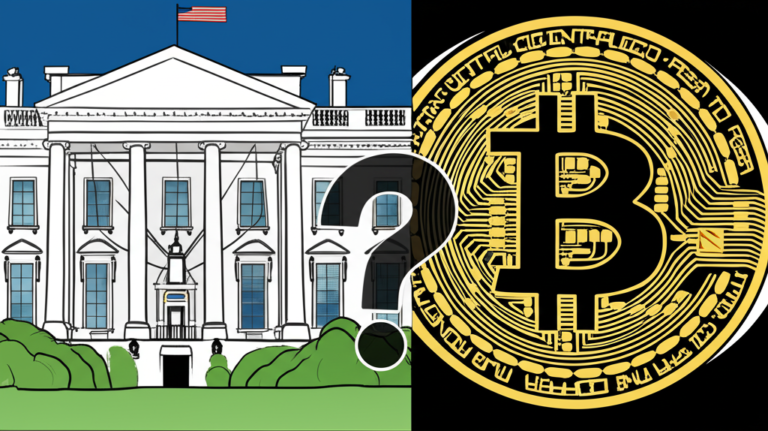Crypto’s Human Rights Imperative: Why Ethical Design is No Longer Optional
The cryptocurrency space is rapidly evolving, but one critical aspect often gets overlooked: human rights. A recent article, “Embedding human rights into crypto isn’t optional, it’s foundational,” highlights the urgent need to integrate human rights principles into the very core of crypto systems. This isn’t simply a matter of ethical consideration; it’s foundational to the future of digital freedom and the successful adoption of blockchain technology.
The Foundation of Freedom: Self-Custody, Privacy, and Censorship Resistance
The article emphasizes three key pillars: self-custody, privacy-by-default, and censorship resistance. These aren’t mere buzzwords; they represent the bedrock upon which truly decentralized and human-rights-respecting crypto systems must be built.
Self-Custody: Control Over Your Assets
Self-custody, the ability to control your own digital assets without relying on third parties, is paramount. This contrasts with centralized exchanges where users entrust their funds to a platform. Recent high-profile hacks and collapses of centralized exchanges, resulting in billions of dollars in losses, underscore the vulnerability of this model. The argument is that true digital freedom requires individuals to maintain complete control over their cryptographic keys and digital assets.
Privacy-by-Default: Protecting User Data
Privacy-by-default necessitates the design of systems that prioritize user privacy from the outset. This involves implementing robust encryption and minimizing data collection. The increasing surveillance capabilities of governments and corporations necessitate a robust approach to digital privacy – something that many cryptocurrencies are uniquely positioned to provide. While some argue that complete anonymity is a double-edged sword (potentially enabling illicit activities), the focus should be on ensuring privacy is a default setting, rather than an opt-in feature.
Censorship Resistance: Defending Free Speech in the Digital Age

Censorship resistance is crucial for ensuring freedom of expression in the digital age. Decentralized networks, by their nature, are less susceptible to censorship compared to centralized platforms. This is particularly important in regions with restrictive governments or where access to information is heavily controlled. The ability to freely transact and communicate without fear of censorship is a fundamental human right increasingly threatened in the modern world.
The Future of Digital Freedom: A Call to Action
The implications of failing to prioritize human rights in crypto development are significant. Without a concerted effort to build ethical and inclusive systems, the potential benefits of blockchain technology – including financial inclusion and greater economic opportunity – will be severely hampered. We’re witnessing growing calls for greater regulation, and if the industry doesn’t actively incorporate human rights into its design, it risks losing the battle for public trust and acceptance.
This article serves as a powerful reminder to developers, policymakers, and users alike: the future of digital freedom depends on embedding human rights into the core of cryptocurrency.
Key Takeaways:
- Self-custody is essential for individual control over digital assets.
- Privacy-by-default must be a core design principle to protect user data.
- Censorship resistance is crucial to safeguarding freedom of speech online.
- Ethical considerations are not optional but foundational to the success of crypto.
- The industry must proactively address human rights concerns to gain public trust.










